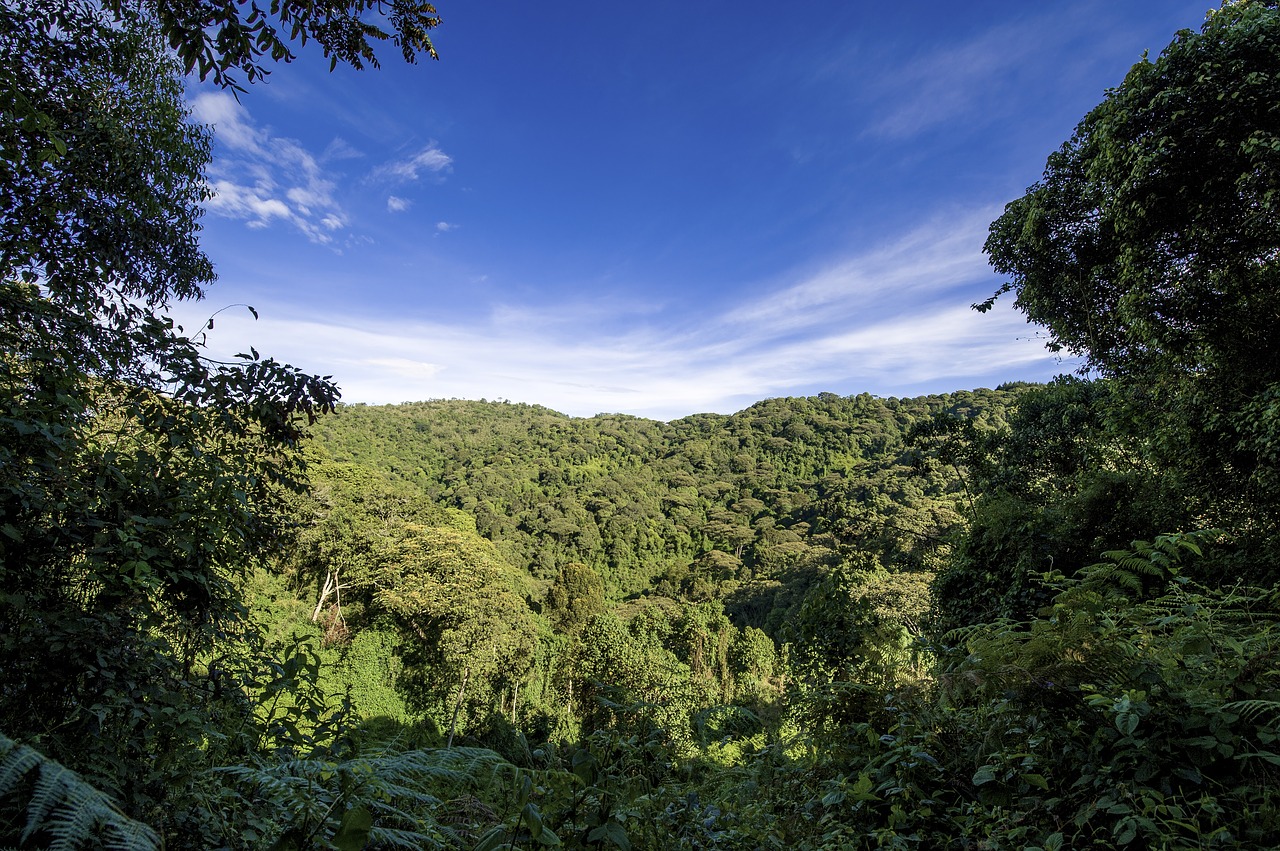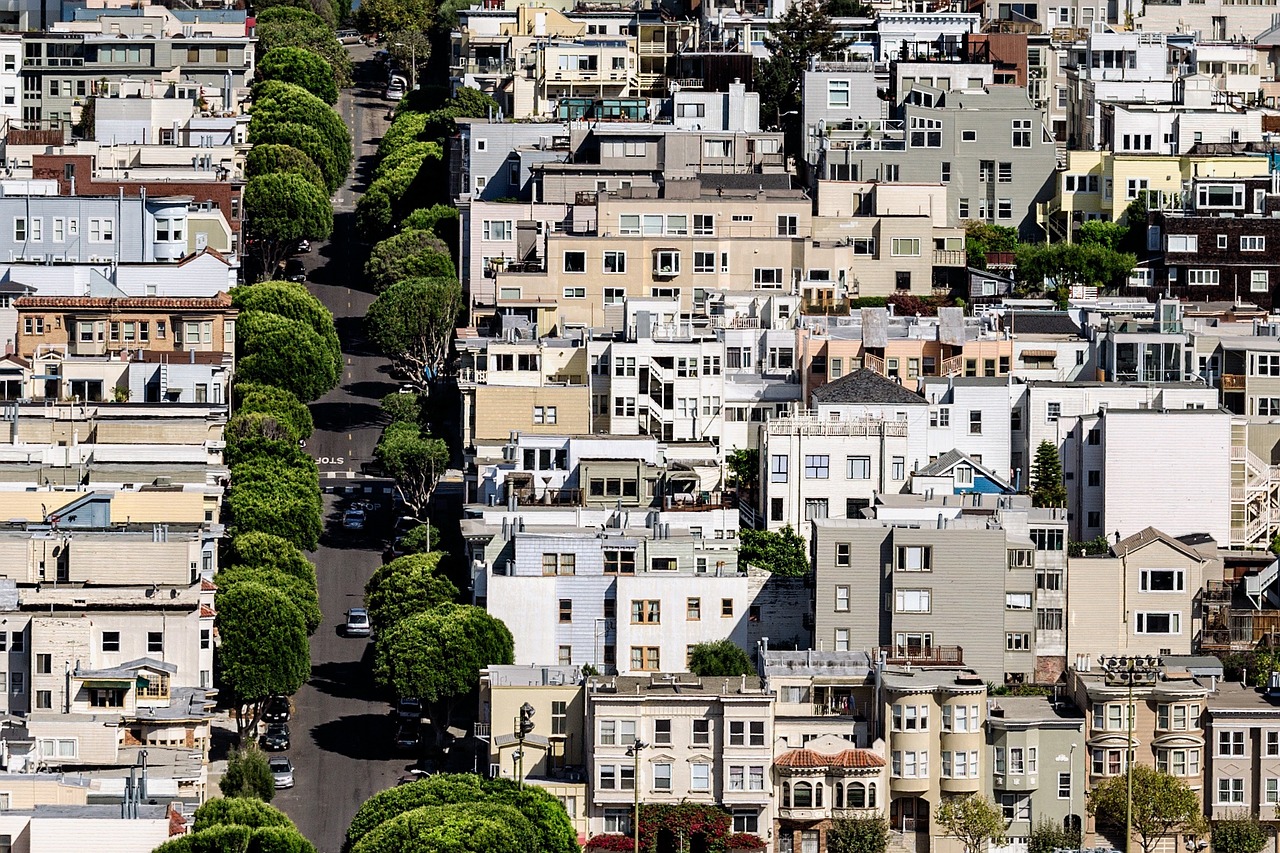Welp, Starbucks went ahead and threw some beef jerky in a coffee drink. Available only at the Seattle Reserve Roastery, the limited-time concoction features a Democratic Republic of Congo Lake Kivu cold-brewed nitro that is infused with a “sweet and savory” malted black fennel syrup, then topped with a layer of honey foam, a sprinkling of cracked pink pepper and a skewer of grass-fed-beef jerky.
Let’s forgo any dark thoughts we may be having on the drink itself and instead focus on a brighter element of this coffee’s backstory — as part the reemergence of the DRC as a unique and valuable origin country after decades of turmoil and war. From Starbucks:
Konrad Brits, CEO of Falcon Coffees, has partnered with Starbucks for nearly 15 years to help cultivate relationships in coffee growing regions around the world, including the remote DRC region.
“I know of no tougher environments in the coffee world to work in,” Brits said. “But these Reserve coffees demonstrate the potential of this region to produce truly specialty grade coffees. They show the coffee world that these coffees are worth investing in.”
In another emerging coffee origin, Myanmar, leaders in the sector are seeing immense opportunity in capitalizing on the specialty market demand that has been created over the past three years, in large part due to dramatic, demonstrable quality improvements. The Myanmar Times this week shared the thoughts of Myanmar Coffee Association Chair U Ye Myint on ways in which the industry should move forward:
“Now, we have quite a lot of coffee markets. So we need to be thread wisely as competition in the market is strong. We need develop coffee into a vital export crop but also produce coffee systematically and according to market demand. Also, it cannot be done by only private companies; we need the government to participate in schemes such as public-private partnerships,” U Ye Myint said.
For anyone interested in Uganda Coffee — or, for that matter, virtually any economic, social and environmental issues affecting producing markets and the farmers within them — National Geographic today released an especially good long read. The piece outlines a range of issues affecting the Ugandan market, but a couple of the most interesting bits related to gender equity — specifically how coffee has historically been viewed as a “man’s crop:”
Several members said that before the loans were available, they had secretly siphoned off coffee from their husband’s trees to sell for cash to make routine household purchases, just to avoid having to beg for an allowance. Now, they have a measure of financial independence.
The piece also explores the countries nascent domestic market for quality coffee, which has been helped along by people like Volcano Coffee founder Gerald Katabazi, whose nickname is the “coffee hustler:”
It wasn’t until his early 20s that he realized the true extent of the coffee industry, when a family friend connected him to a job as an office assistant at UCDA, the government coffee promotion agency. There, for the first time, he learned about quality control, the unforgiving demands of the export market, roasting, and how to pull an espresso shot. He also sampled his first cup of non-Nescafe coffee, and fell in love with it. But he was disheartened by what he saw as an overwhelming focus on exports.
A fascinating new read in the Stanford Social Innovation Review frames gender equity as a business imperative, likening the burgeoning movement in the corporate world to the birth of the environmental sustainability movement two decades ago. One of the critical missing pieces in the gender discussion, the piece argues, is data:
We argue that eliminating gender inequities and advancing women’s opportunity and empowerment is equally material to companies’ competitiveness and sustainability. Unfortunately, companies aren’t collecting data — nor does enough research exist — to adequately back materiality arguments for gender equity across industries and the value chain. As with the environment, gathering more evidence would likely drive future private sector investment; it could encourage companies already investing in women to do more, heighten demand from investors, and encourage companies sitting on the sidelines to get involved.
San Francisco is well established as one of the world’s great coffee cities, particularly in terms of quality-focused independent shops and small chains. A new San Francisco Chronicle report stops to ask, “Why?” As it turns out, it’s not all about consumer demand; it’s also tied to local zoning and development rules:
In 2004, the San Francisco Board of Supervisors passed a law to curtail the spread of “formula retail,” stores with 12 or more locations nationwide.
Some commercial districts, such as Hayes Valley, reject formula retail stores outright; many others require any such company to apply for a conditional-use permit, subject to neighborhood approval.
Even the “third wave” blue blood Blue Bottles of the world need to pass the local test:
Some San Franciscans turn on local coffee shops that grow into chains, such as Philz and Blue Bottle. This year, Lower Haight residents rejected Blue Bottle’s attempt to move into a space on Steiner Street — less than a mile from the Oakland company’s first kiosk, in Hayes Valley.
As the world obsessed over a beef jerkey cold brew this week, Starbucks also-oh-by-the-way acquired the remaining shares of its East China business from long-term joint venture partners, Uni-President Enterprises Corporation (“UPEC”) and President Chain Store Corporation (“PCSC”) for $1.3 billion, marking the largest acquisition in the company’s history. Said Starbucks President and CEO Kevin Johnson:
Unifying the Starbucks business under a full company-operated structure in China, reinforces our commitment to the market and is a firm demonstration of our confidence in the current local leadership team as we aim to grow from 2,800 to more than 5,000 stores by 2021.
Nick Brown
Nick Brown is the editor of Daily Coffee News by Roast Magazine.
Comment
2 Comments
Comments are closed.









probably so the jerky can offset the jerky notes most cold brews have these days.
Not sure if I should laugh or cry. Or puke.